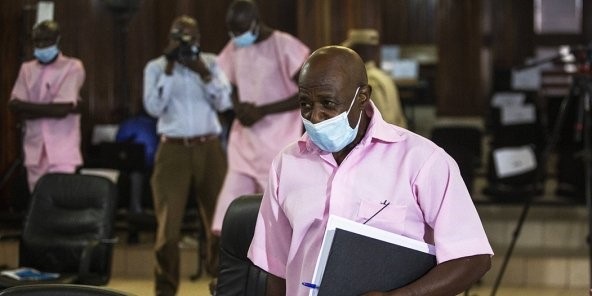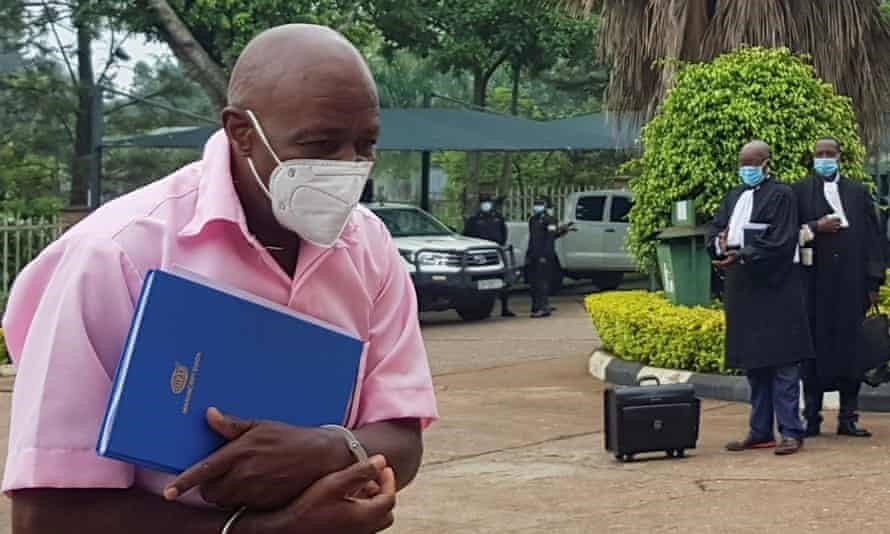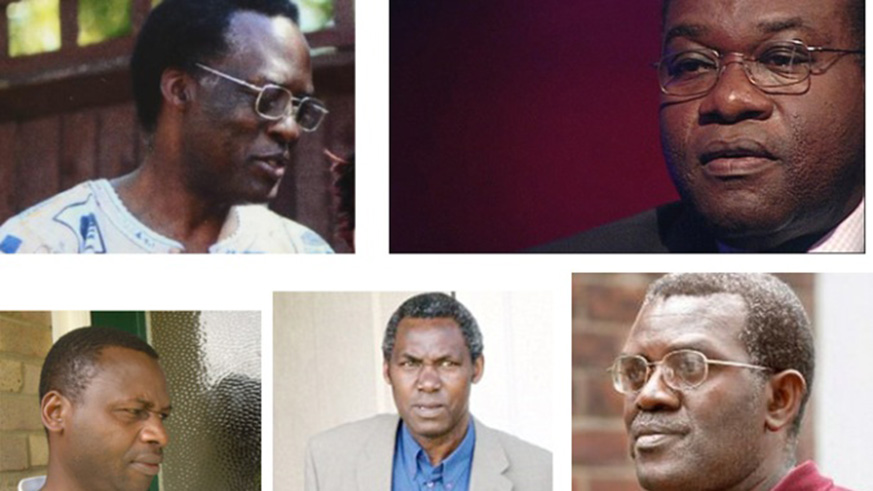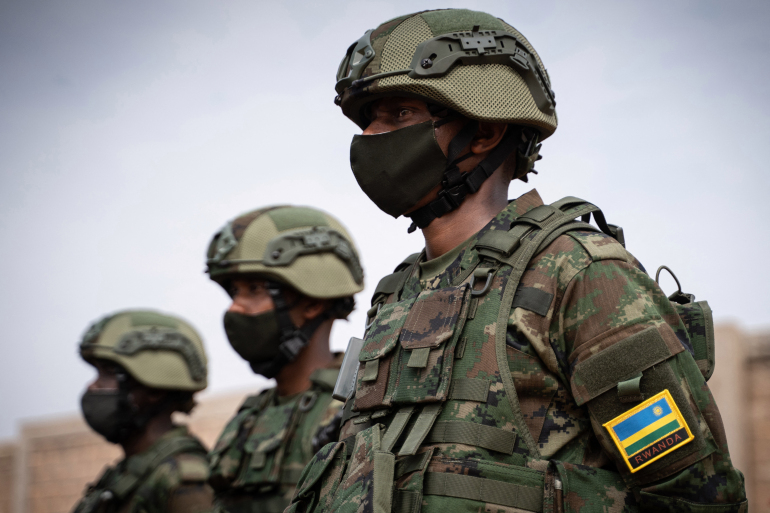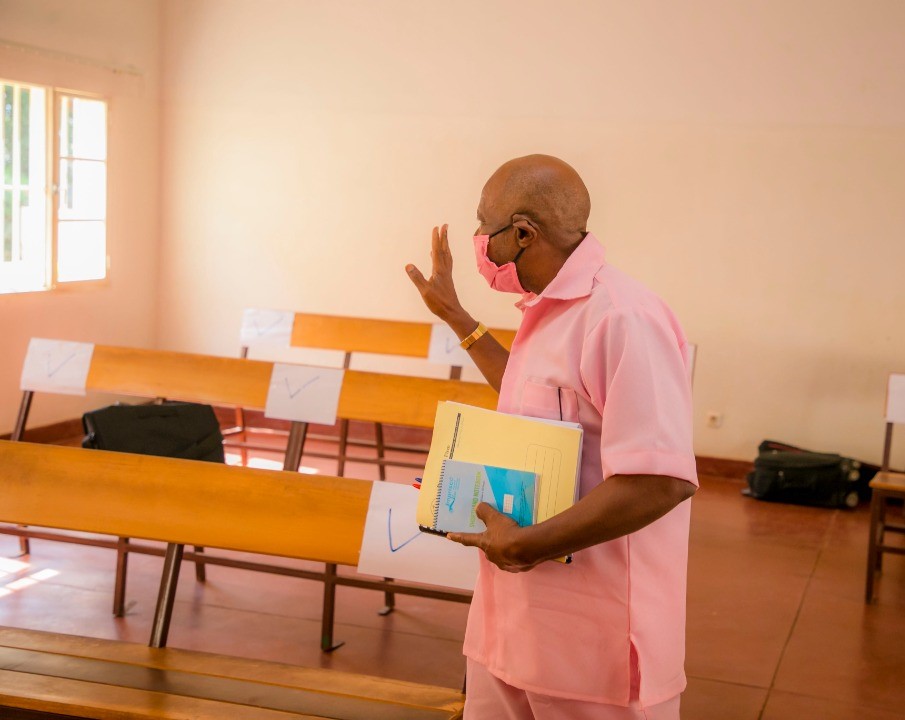International
Mozambique: War against terror a global concern
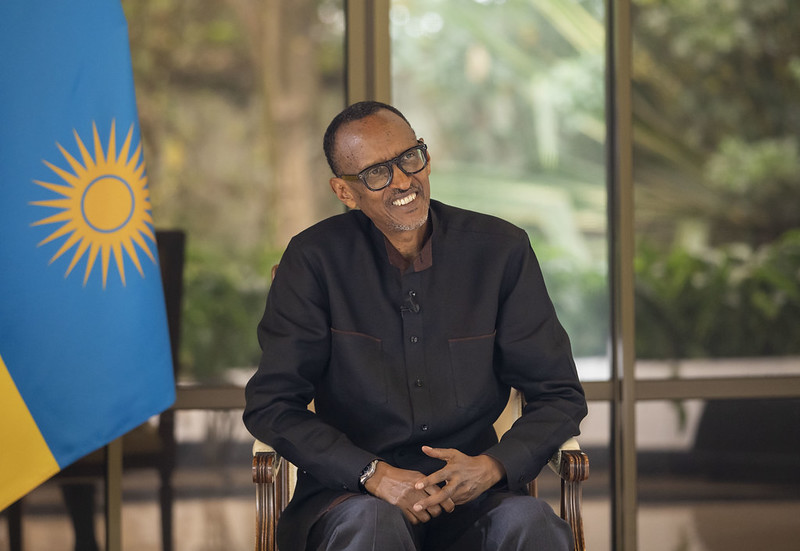
Rwandan President Paul Kagame, on September
5, said troops from Rwanda and Mozambique got lots of information on the nature
and composition of the terrorists who call themselves “the Caliphate army” in
Mozambique’s Province of Cabo Delgado.
Kagame’s revelation came barely two months after
reports of the stunning defeat the armed forces of Rwanda and Mozambique
inflicted on the Islamic State (IS) terrorists who had earlier wreaked havoc in
Cabo Delgado, a Province three times bigger than Rwanda, for the last four
years.
“Our forces have managed to get a lot of
information...got a lot of documents and communications of these people. We are
informed they had already secured Cabo Delgado, taken it over, and they were
planning to move to another Province called Niassa,” Kagame said.
The Rwandan leader noted that the information
they have indicates that the terrorists come from several countries in the
region, including his own Rwanda. He said: “We’ve found that they come from
different places including Rwanda. There are Ugandans, Congolese, Tanzanians,
Burundians... in that place, terrorists come from different countries.”
His revelations pointed to the fact that
regional countries – and others from afar – need to move fast and determinedly
so as to thwart the threat before it gets worse. If left to spread further, the
group’s activities would not threaten Mozambique’s national stability alone. It
could present the terrorists with a new front to exploit and thereby cause
instability in East Africa’s coast, and beyond.
People in eastern Africa were again reminded
of the lurking threat when, mid last month, a man believed to have been a
terrorist killed four people, three police officers and a private security
guard, in the embassy district of the Tanzanian capital Dar es Salaam before
being shot dead.
On March 10, the US indicated that
ISIS-Mozambique, also known as Ansar al-Sunna (and locally as al-Shabaab in
Mozambique), among other names, reportedly pledged allegiance to ISIS as early
as April 2018, and was acknowledged by ISIS-Core as an affiliate in August
2019.
The terrorists publicly swore allegiance to
IS, giving credibility to the idea that theirs is part of a global jihadist
movement that required a determined regional
and international effort, to deal with.
“Since October 2017, ISIS-Mozambique, led by
Abu Yasir Hassan, has killed more than 1,300 civilians, and it is estimated
that more than 2,300 civilians, security force members, and suspected
ISIS-Mozambique militants have been killed since the terrorist group began its
violent extremist insurgency,” read part of a media note on the US State
Department Terrorist Designations of ISIS Affiliates and Leaders in the
Democratic Republic of the Congo and Mozambique.
When, on August 6, Antony Blinken, the United
States Secretary of State, announced the designation of five terrorist leaders
in Africa, Bonomade Machude Omar, also known as Abu Sulayfa Muhammad and Ibn
Omar, leader of the Military and External Affairs Departments for
ISIS-Mozambique was top on the list. Omar, according to the US government,
serves as the senior commander and lead coordinator for all attacks conducted
by the group in northern Mozambique, as well as the lead facilitator and
communications conduit for the group.
During the March attack on Palma, Omar led
one group of fighters while Abu Yasir Hassan, the leader of ISIS-Mozambique,
led another group of fighters. Omar also led the attack on a Hotel in
Palma. In these attacks, the terrorists
massacred peoplr including locals and expatriates, leaving decapitated bodies
strewn around the streets. Omar was also
responsible for attacks in Cabo Delgado Province, Mozambique, and Mtwara
Region, Tanzania.
In April, Mozambican President, Filipe Nyusi,
flew to Kigali where he requested his Rwandan counterpart to provide his
country with military support to help fight off the IS-linked insurgents who
had terrorized Cabo Delgado, cutting off some of the country's vital cities and
seaports for years.
Kagame explained that when Nyusi requested
for support “to work together to deal with this situation, we found we had it
in our means to do it.” Sometimes, the Rwandan leader who has also successfully
sent troops to help the government of the Central African Republic battle a
cocktail of militias noted, “it doesn’t require much as people think.”
“It just requires people determined, well-resourced
to a certain level and which we thought we had.” Kagame refuted claims in the
media that Rwanda received external support – especially financially – to
execute the operation in Mozambique. “I want to make it clear. We are using our
means. We have decent means which we are also ready to share. There is nobody
who sponsored us for this.”
The outcomes and cause of the mission, he
noted, are “much bigger than the money we’ve spent.”
Kigali started deploying its 1,000 troops to
Cabo Delgado on July 9, having understood that lack of concrete action could
have turned the entire region of Africa into an unstable region. After one month, the Rwandan and Mozambican
military recaptured much of the territory, including Mocímboa da Praia, a vital
seaport that served as the terrorist headquarters, as well as their critical
supply route. The joint forces also routed the insurgency from more than 90
percent of the Cabo Delgado territory they earlier occupied.
People who were forced to abandon their homes
and businesses by the Islamists are now leaving internally displaced peoples'
camps enmasse and are reclaiming their property as life gradually returns to
normal in Cabo Delgado. Earlier, more
than 826, 000 people had been displaced and hundreds more killed by the
terrorists. All economic activity in the
region rich in natural gas had come to a standstill.
Besides halting the operations of the liquid
natural gas (LNG) facility in the region, the immediate economic damage also
impacted on future investment as, for example, ExxonMobil reportedly delayed
its final decision about investing in the region.
“I hope, and hope the Mozambican are hoping
that these people come back to work because that means a lot to their economy
and to their development,” Kagame said, also noting that different Southern
African Development Community (SADC) countries have also promised to come and help
Mozambique and there are signs that there is good cooperation to get the job
done.
On August 9, SADC inaugurated a regional
military mission to help Mozambique in the fight against the terrorists. The
SADC forces were to operate together with Rwandan and Mozambican forces. President
Nyusi and Botswanan President Mokgweetsi Masisi who is also the Chairperson of
the SADC Organ on Politics, Defence and Security, launched the SADC Mission in
Mozambique (SAMIM) at an event in Pemba, the capital of Cabo Delgado province.
“We (Rwanda) are just one of the many and we
are doing our part. The others, I am sure, will do their part and together we
can do better, more. Some troops from SADC countries have arrived. Others,
maybe, are expected soon or later,” Kagame said.
“So far, in fact, there has developed good
cooperation. There is working together- the Rwandan contingent there and the
force that is there is having a form of coordination and working with those
troops from SADC. They’ve been talking. They’ve been meeting. There is some
level of coordination. I am sure there is more work to be done on that, which
they will do.” Kagame’s comments indicate that there is hope.


